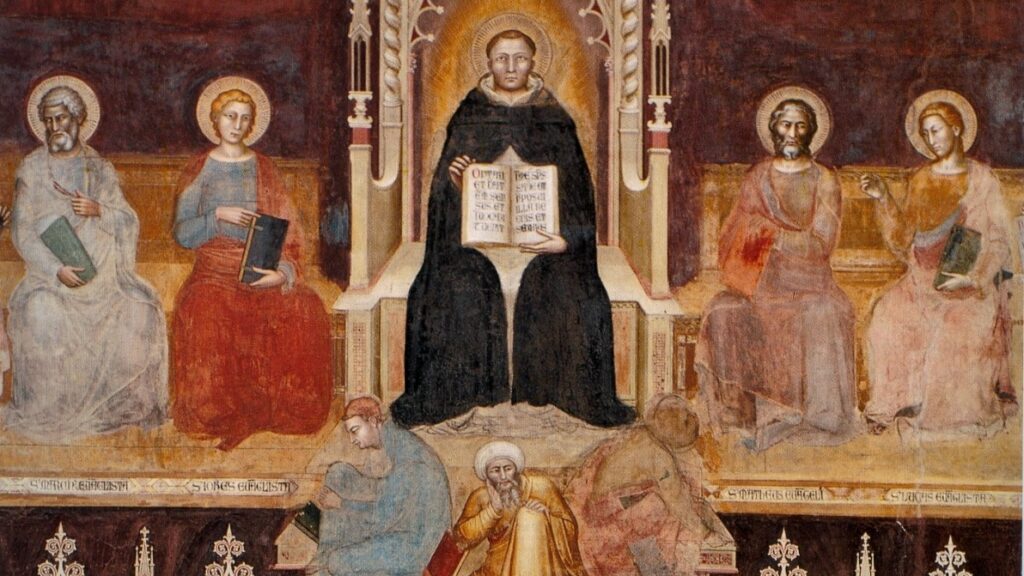
‘…the ideas of Pál Kecskés on education and pedagogy are fundamentally rooted in Christian social theory, which seeks to envision an ideal society from a Christian perspective. His reflections remain relevant today, in a time when individuals…have perhaps never had a greater need to understand education and formation as inherently social processes.’
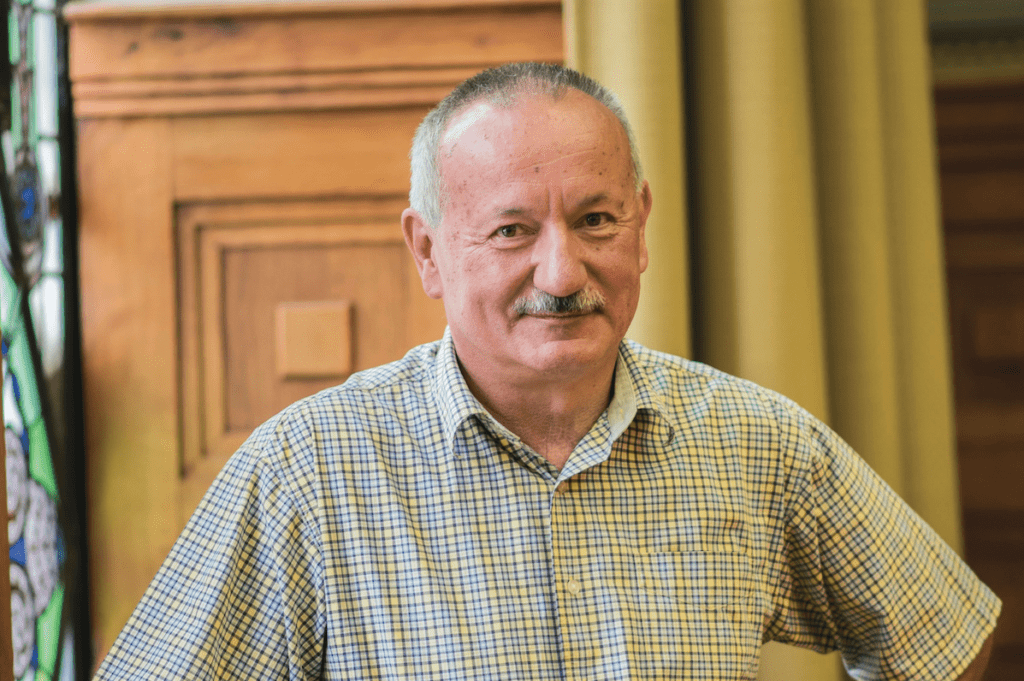
‘Universities nowadays also have a regional development function, in addition to maintaining and strengthening their high- quality core activities.’
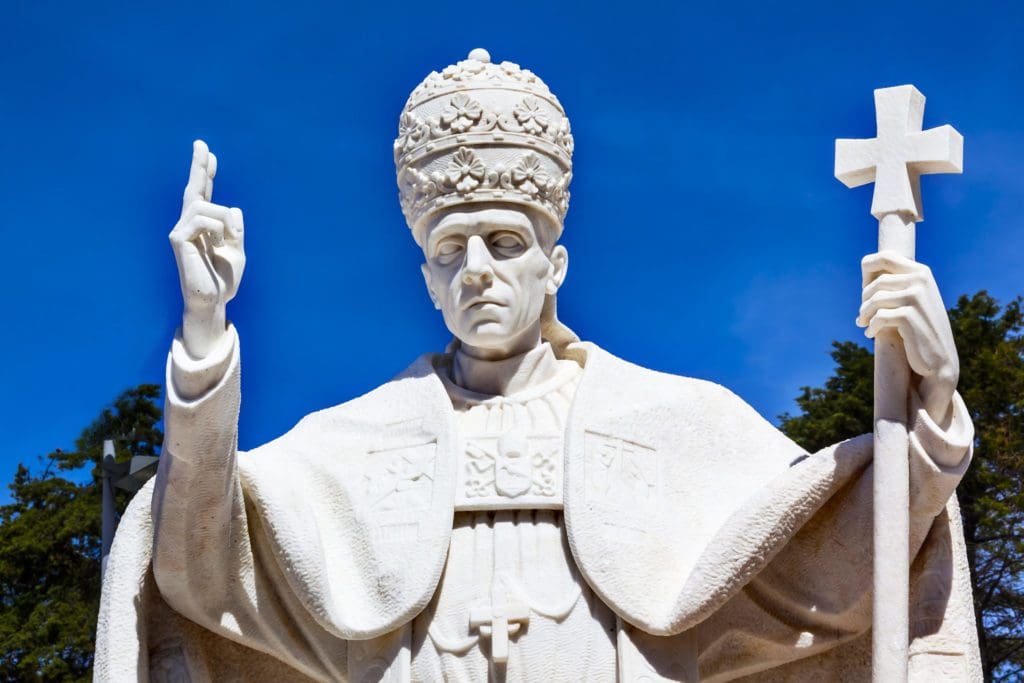
In the twelfth and final part of the Theologians on Modern Politics series, we would like to highlight the details of Pope Pius XII’s political thinking.
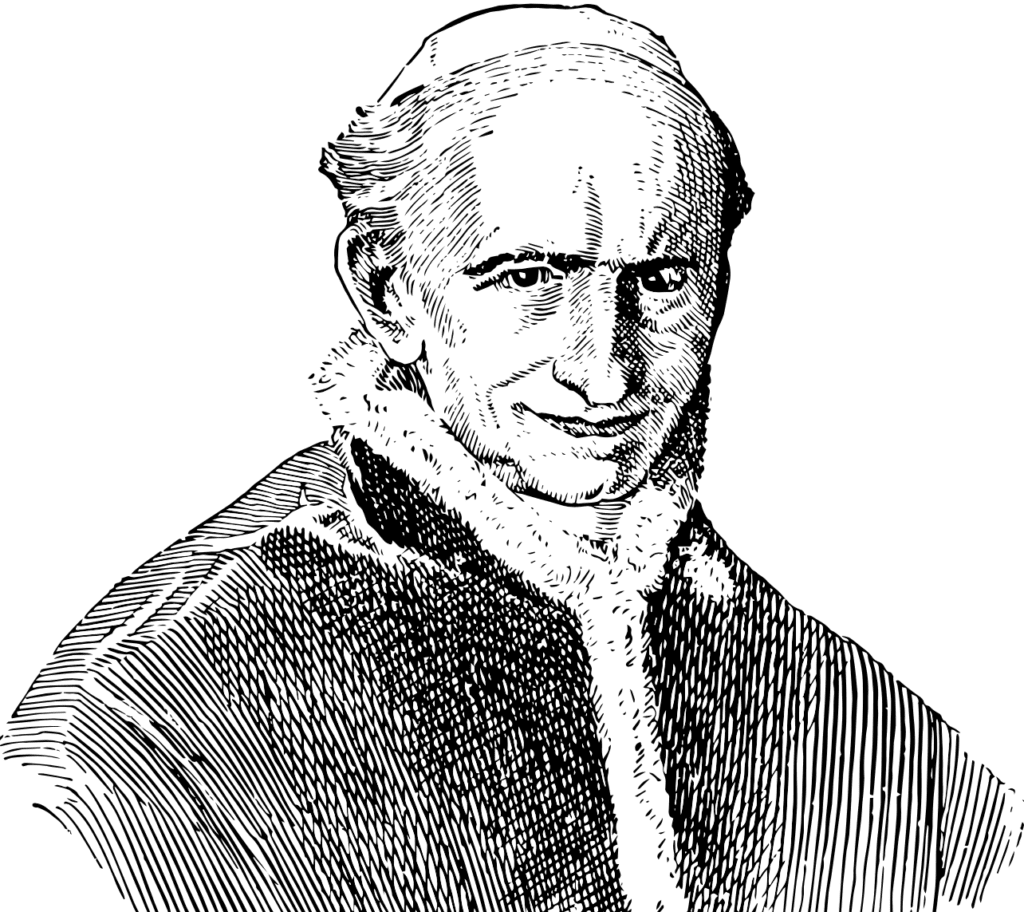
If we wish to understand the role of Christians in modern politics, it is essential to briefly present the thinking of Pope Leo XIII (1810-1903).
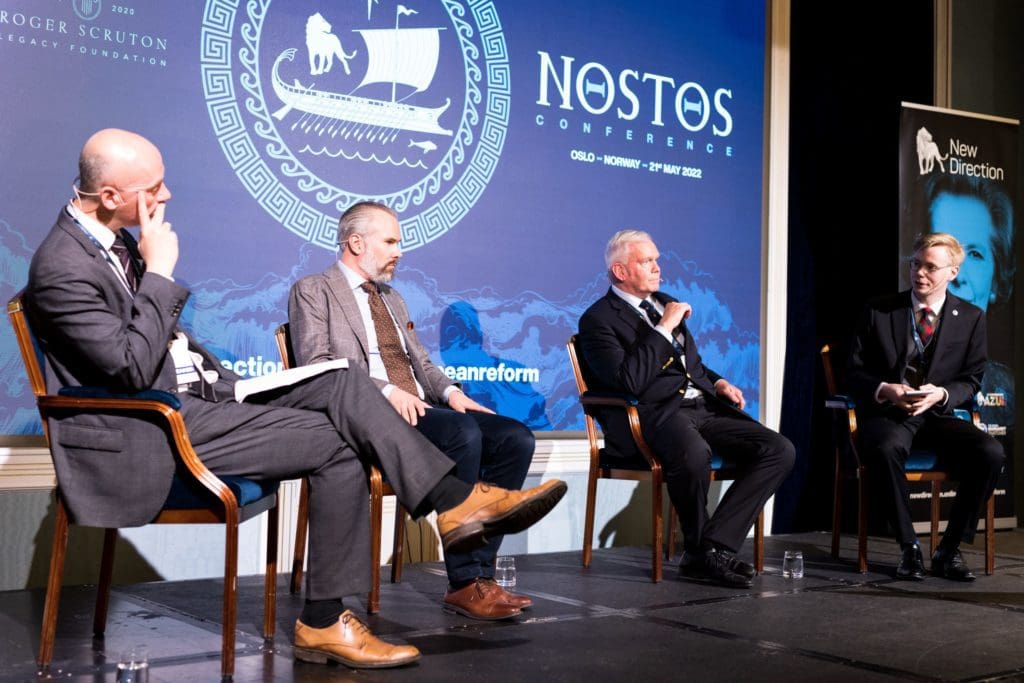
Several of Scruton’s books have been translated into Scandinavian languages, and he gave a number of lectures in which he presented the Danes with a straightforward suggestion: leave the European Union.
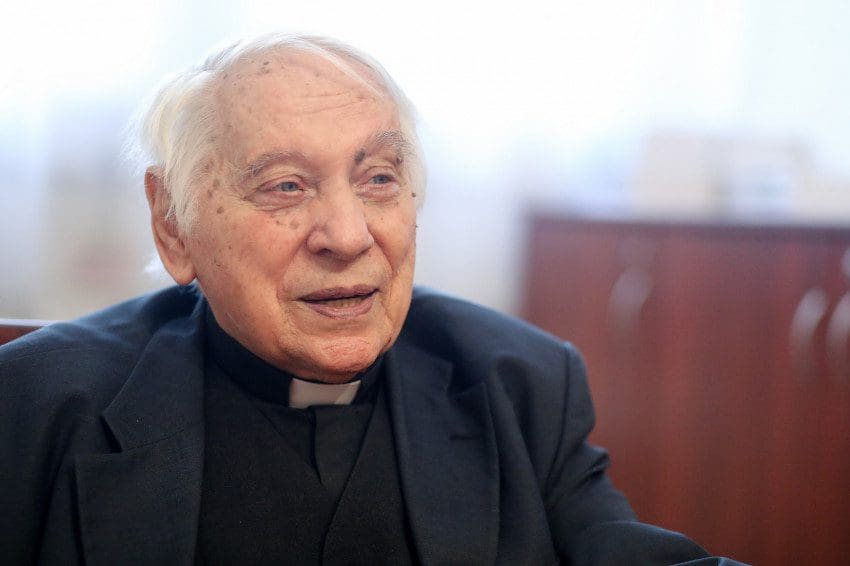
An interview from our third issue in memory of Father Attila Farkas who has passed away today.
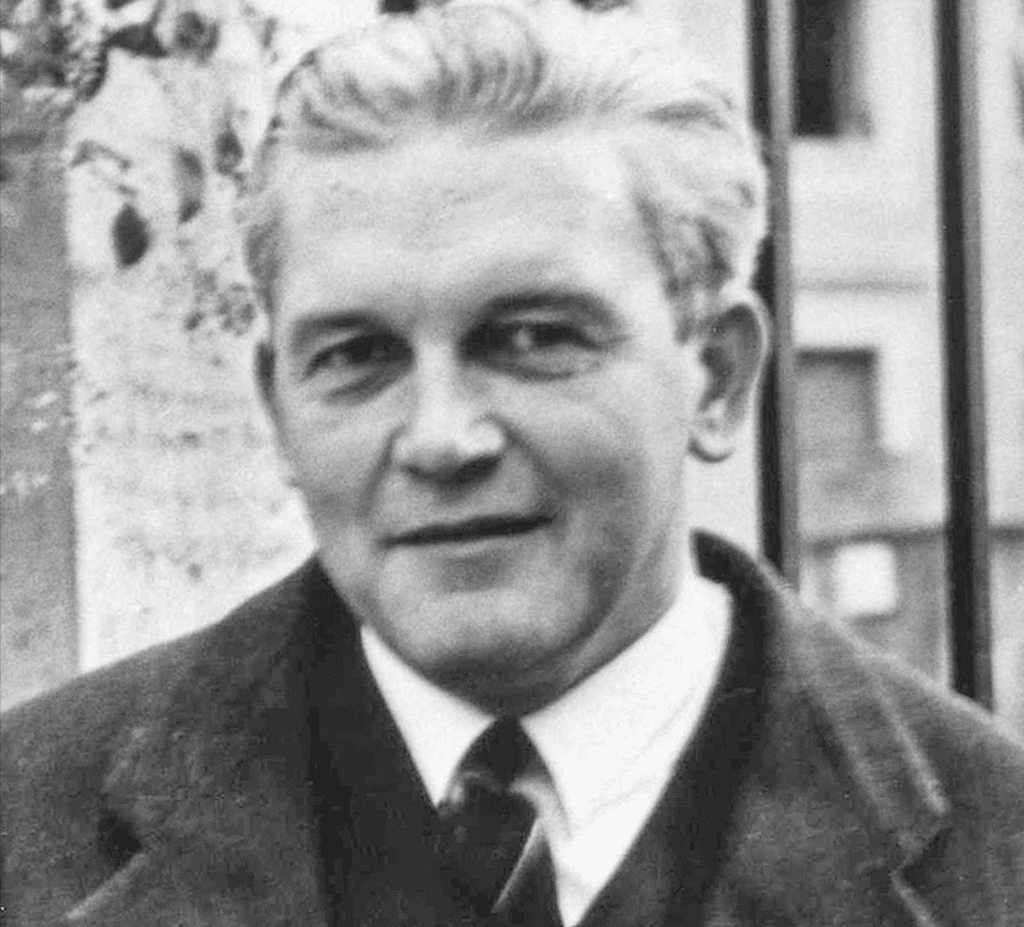
In this article we attempt to provide a brief overview of a thinking about politics as exemplified by the German theologian Erik Peterson.
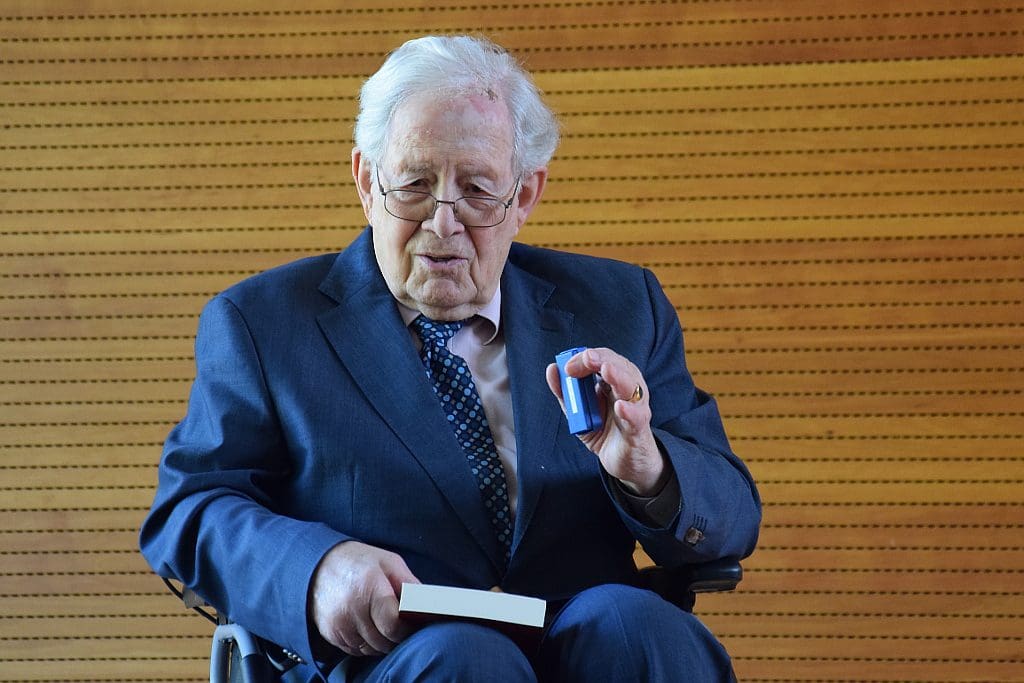
In this article, we would like to highlight a particular detail of Böckenförde’s thinking—specifically his conception of the relationship between Catholics and the state.
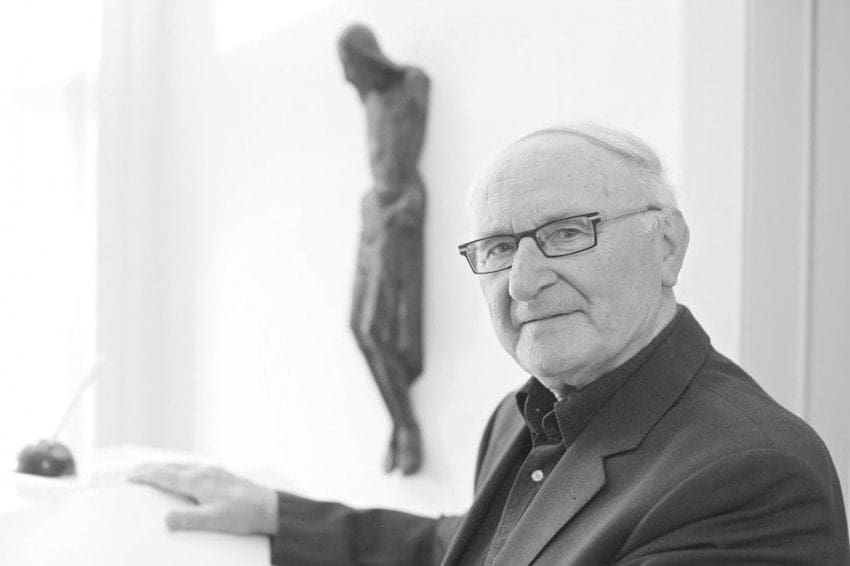
In the article we briefly introduce the ‘new political theology’ of Johann Baptist Metz (1928-2019), a contemporary of Ratzinger’s and a defining figure in 20th-century German theology.
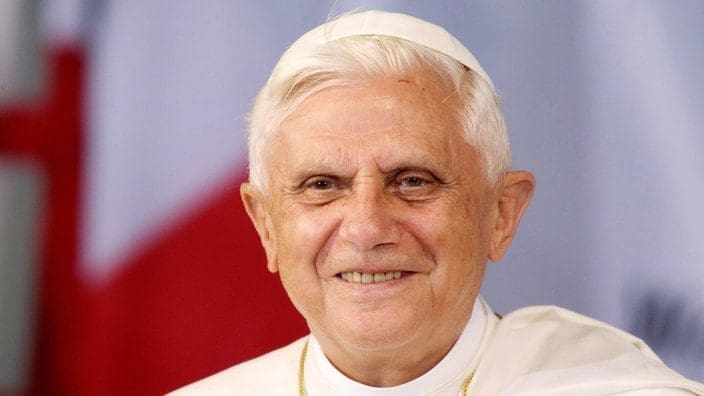
We present a brief introduction to the political thinking of an eminent contemporary Catholic theologian, Joseph Ratzinger (1927–), the subsequent Pope Benedict XVI.
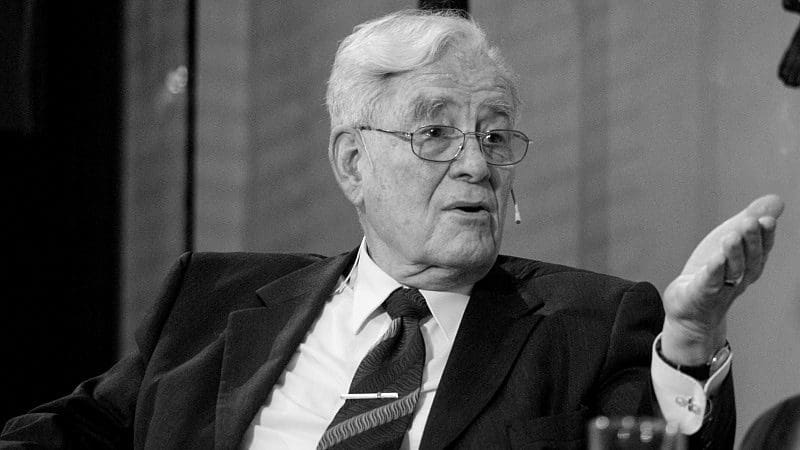
Who was Ernst-Wolfgang Böckenförde and what makes him so significant? Let us answer that question by noting three of Böckenförde’s own texts included in this volume.

Hungarian Conservative is a quarterly magazine on contemporary political, philosophical and cultural issues from a conservative perspective.